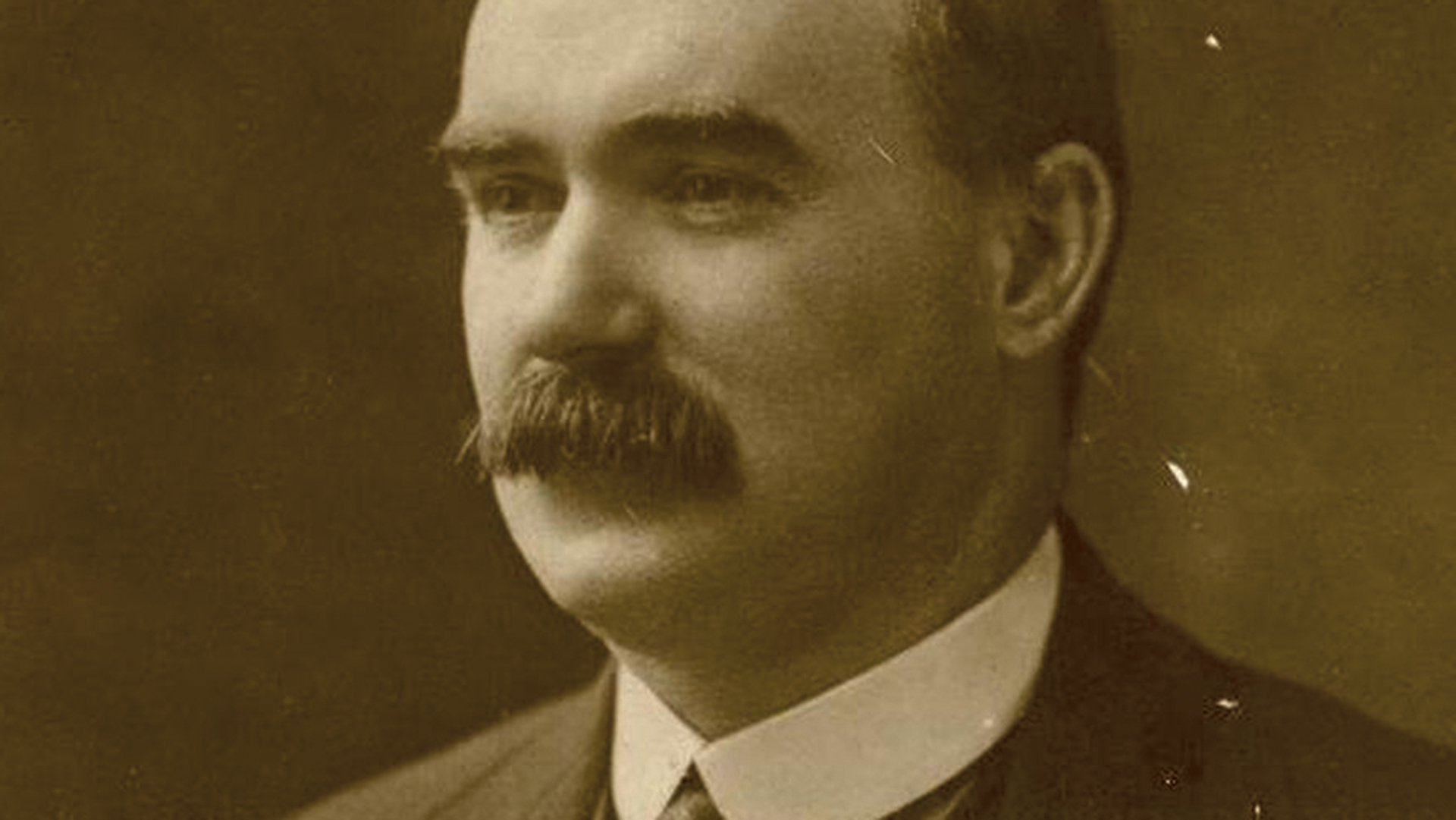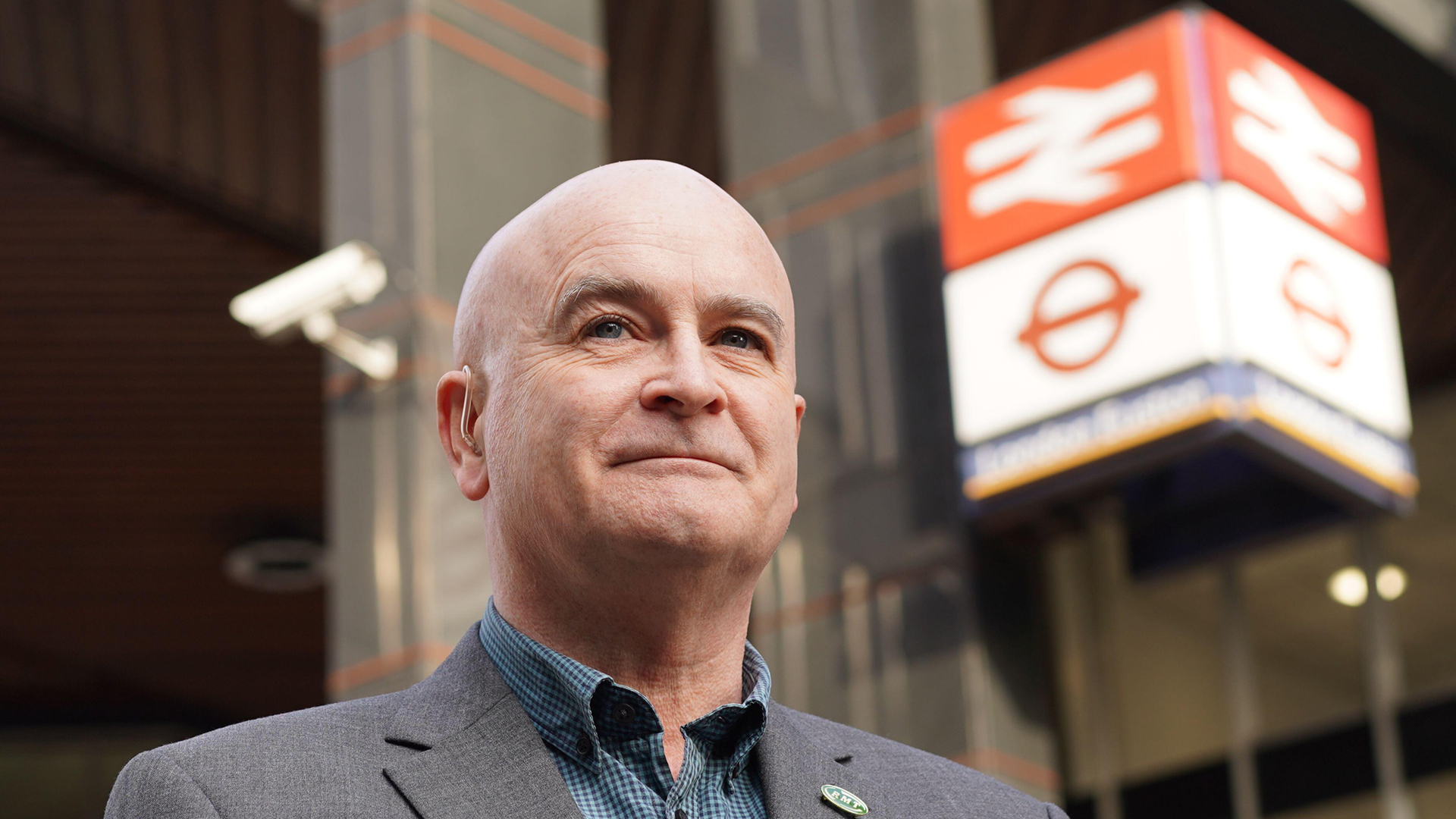Recent industrial action by members of the RMT union has created something of a buzz around its general secretary Mick Lynch, and has thrust him and his assistant Eddie Dempsey into the media spotlight.
Lynch and Dempsey have stood out as straight-talking speakers with none of the equivocation or oily double-speak so evident from Boris Johnson and his government. This has resulted in Lynch in particular gaining a public profile, and journalists seemed taken aback by his articulacy and candour, if appearing a little frustrated by his ability to bat away the questions they bowled at him with such aplomb.
When asked on ITV’s Peston show who his political hero was, Lynch said: “James Connolly”, to which journalist Anushka Asthana replied quizzically: “James Connolly? Explain?”
Is it unfair to expect a high-profile British journalist to know who James Connolly was, or to be aware of his influential role in the trade union and Labour movement in the early 20th century? If it is, then it perhaps says something about the parlous position of trade unionism in the public consciousness of 21st-century Britain. It is fair to say that for most people in Britain – certainly in England – name recognition for one of the most important trade unionists of the 20th century is remarkably modest, so it’s worth re-stating Connolly’s influential role in the development of the modern trade union movement in the UK.
Connolly’s parents travelled from Ireland to Scotland in the mid-19th century and lived in the Irish immigrant slum quarter of Edinburgh, his father a manure carrier for the council, his mother a domestic servant. Connolly had a series of labouring jobs in Edinburgh, but quickly made links with people in the Scottish labour movement, including Scottish miner’s leader Keir Hardie, who formed the Independent Labour Party in 1893. Connolly became secretary of the Scottish Socialist Federation, and was an influential voice in the new labour movement at the end of the 19th century before he moved to Dublin in 1896.
While Connolly was a committed Irish republican his vision was internationalist, grounded in a belief that revolution must deliver economic as well as political justice as there was no point in just replacing English exploitation with its Irish equivalent.






